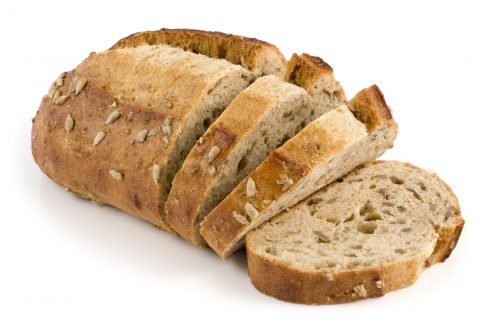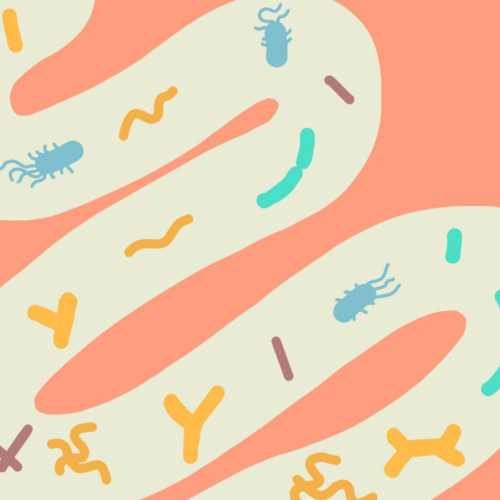
Q: "I realise the government has decided to hold off adding folic acid to our bread, but what is folic acid and what does it do? Why was it going to be added to bread?"
A: Senior nutritionist Rose Carr responds:
Folic acid is the synthetic form of the B vitamin commonly known as folate. Folate is essential for DNA production, making new cells and the production of blood cells. Increased folic acid intake by women around the time of conception has been shown to significantly reduce the incidence of neural tube defects (NTDs) including spina bifida. In all of us, low folate can lead to higher homocysteine levels, which is a marker for cardiovascular disease, and folate deficiency can cause megaloblastic anaemia.
The government's intention was to add folic acid to bread in order to reduce the number of babies born with NTDs. The amount to be added was less than women need around conception and early pregnancy but was set at a level to be safe for everyone. Not all NTDs are related to low folate but one study found every doubling of blood folate levels roughly halves the risk of an NTD. It's worth remembering the effects of NTDs can be very serious, costly and life-long.
Even with no change in how much bread women eat, mandatory fortification would have provided about 140mcg per day to each woman. This amount could prevent around 20-25% of all NTDs.
Mass medication?
Under the fortification plan, we would have had a choice – organic bread was exempt, meaning organic bakers did not have to fortify their bread. Don't forget 'mass medication' is already with us, in our salt, which has had iodine added to it for over 80 years. This has made a huge positive difference to New Zealanders' health.
Supplementation during pregnancy
Ideally, pregnant women should take a supplement. The Ministry of Health currently recommends an 800mcg folic acid tablet daily for at least four weeks before and 12 weeks after conception to reduce the risk of NTDs; everywhere else in the world recommends 400mcg. The problem is, 50% of pregnancies are unplanned and women often don't realise they are pregnant until well after the time when they should have started taking a supplement. Fortification of bread would have been a way for these women to at least get more folic acid than they would otherwise and help reduce the risk.
What we think
There has been a lot of hysterical and uninformed reporting about this topic, however the scientific community generally agrees that this would have been a positive step for the health of New Zealanders. There's no convincing evidence of it doing harm, and overseas where fortification is in place, it has done what it was intended to do. In Canada, there has been a 46% reduction in NTD incidence since the introduction of mandatory fortification. No increased risk of cancer has been shown and there may even be benefits for the wider population.
As with everything in health, the science is ongoing. If it is decided to add folic acid to our bread in order to reduce NTDs, there must also be a commitment to ongoing research and monitoring.
In the meantime, we recommend paying attention to the folate in your diet, and if you're a woman thinking about getting pregnant, start taking a registered medicine folic acid tablet available from your pharmacy.
www.healthyfood.com










